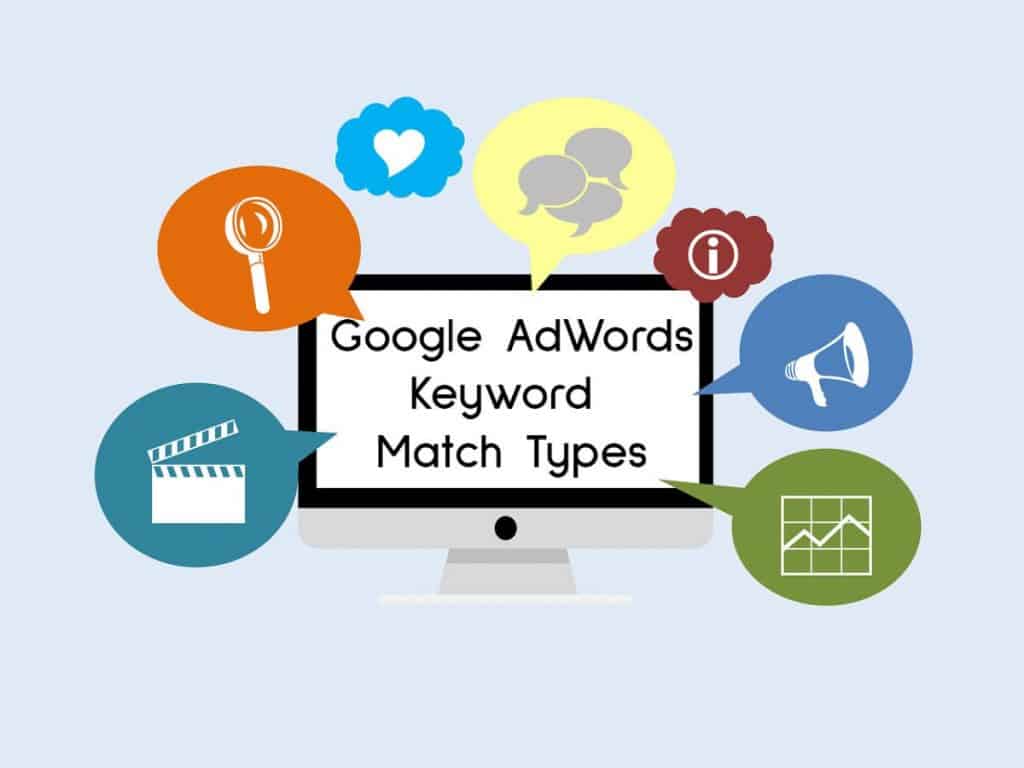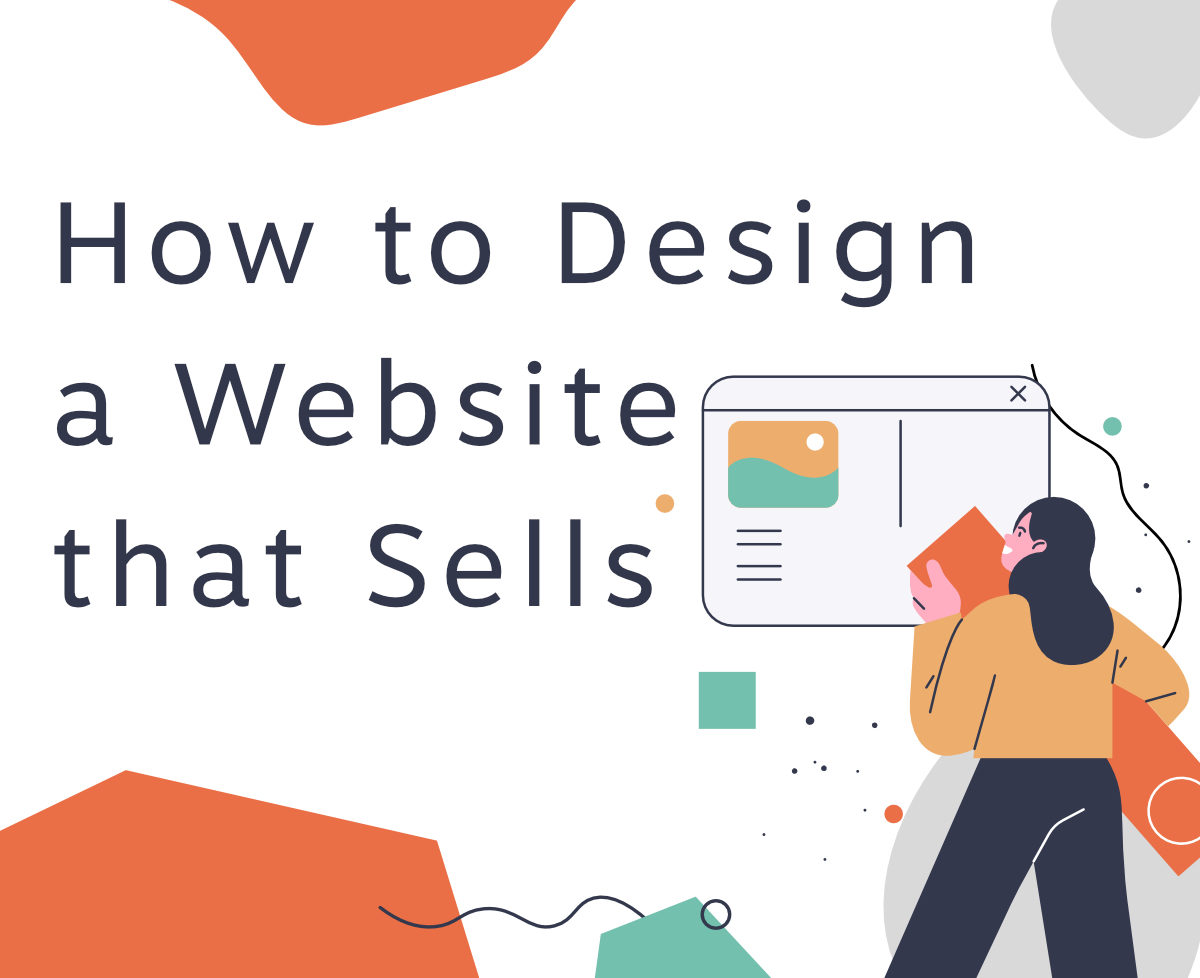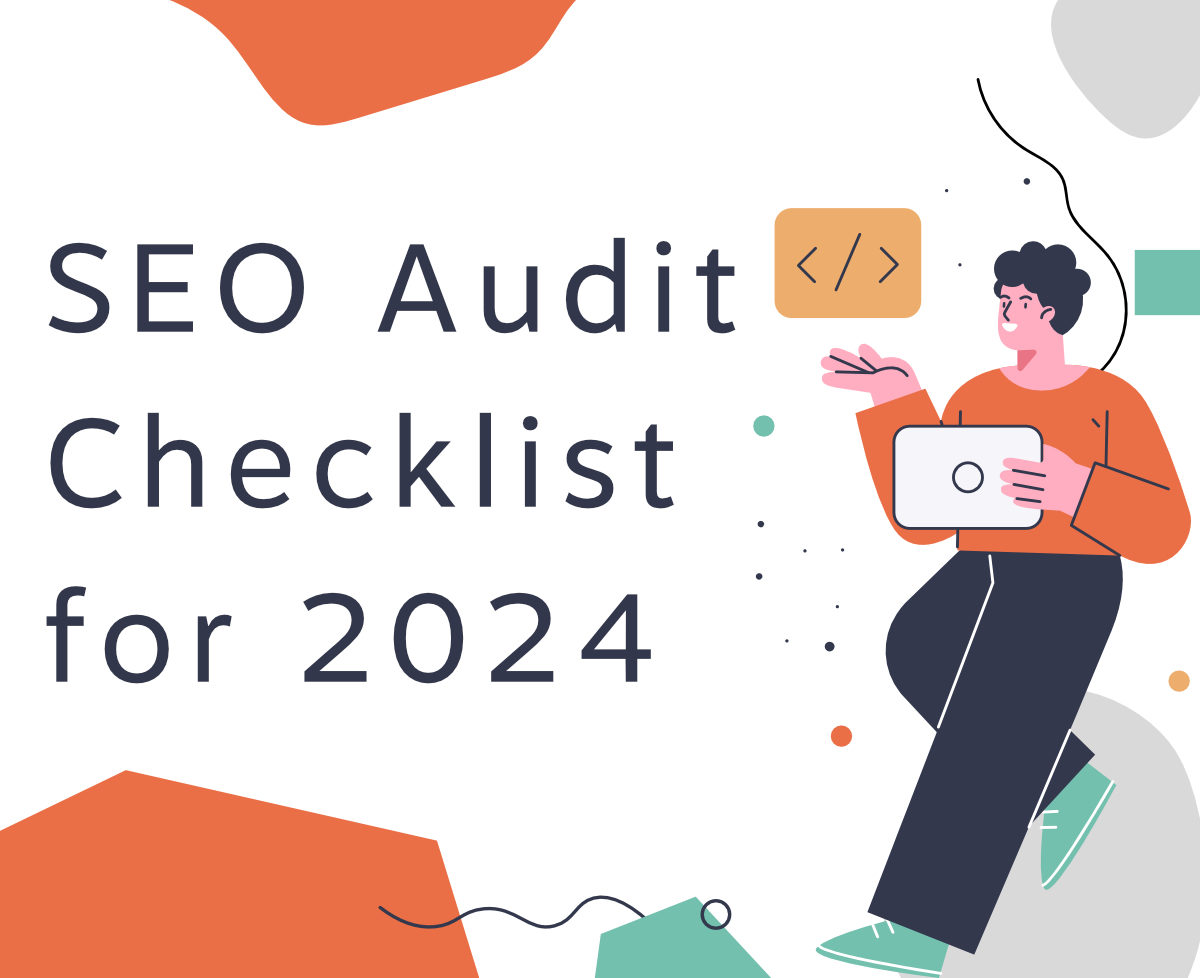What are the different match types and how to use them in your Google Adwords Campaign?
If you’re new to Google Adwords you might have heard of the different match types like Broad Match Types, Modified Broad Match Match Types, Phrase Match Types, Exact Match Match Types, but you may not understand what they mean and how they function from each other. Here we’ll explain how to use the different match types and hopefully help you achieve a greater click through rate with more relevant traffic.
Let’s begin!
Broad Match Types
The default match type and the one that reaches the most audience. When using this match type, your campaign will appear on a user’s search query, which includes any word in your key phrase, in any order.
For instance, if you use a keyword for “ceramic pot”, your campaign can display for search queries like, “ceramic pots for plants”, “ceramic pottery repair near me”, “ceramic pottery”, and “ceramic pots for plants”. Google may also match your campaign using synonym phrases, such as, “Ceramic Container” or “Ceramic Skillet”. Which aren’t necessarily bad keywords, however, it depends on the type of pot you’re selling, is it cookware or gardenware for example.
The way broad match types work is to reach the widest possible audience, and achieve the most possible clicks as possible (according to budget). Since broad match is the default match type, it’s important to be very wary. Using broad match keywords is a great way to generate a lot of clicks, but also, generate irrelevant traffic. Keep an eye on the search query report to ensure you’re not spending money on traffic that does not convert.

Modified Broad Match Types
Modified broad match types are somewhat the middle ground between broad match and the more restrictive than Phrase Match Types. Modified broad match types allows you to reach a similar range of audience, but offers a better control over who sees your campaign. Think of this as “locking down” your campaign to individual words in a key phrase, by using the “+” parameter. When adding the plus sign in front of a word in your keyword, you’re letting Google know that the search query must include that word.
For example, let’s say you append the “+” sign to the word “wax”, Google will match your campaign to queries that include the word wax. So properly utilising the modified broad match type will greatly narrow down the type of traffic you want and will have a greater return on your investment.

Phrase Match Types
Phrase match types offer some of the versatility as broad match, but like modified broad match, it introduces a much higher level of control. Your campaign will only appear when a user’s query matches your exact keyword in the order you specified, however, there may be other words on either side of your phrase.
For instance, if the key phrase is “dog food” your campaign could appear for things like “cheap dog food”, “dog food wholesalers”, or “dog food suppliers“. Since the query can contain text before or after the keyword, you’re left with more flexibility and a lot more potential traffic.

Exact Match Type
The most specific and restrictive of all the other match types. For instance, if your keyword is “black leather jacket”, your campaign will only display when a user searches for “black leather jacket” in that order and in that exact order with no alternatives, such as “leather jacket in black”, “black jacket in leather trim”, or “real black leather jacket”.
Although, Google has made some changes to the exact match types, so that when you are using the exact match type, your campaign might appear to users containing synonyms, plurals. You can learn more about these match types here (link to Google).
The main attraction to exact match types is when a user searches for your keyword, they’ll typically be searching for a purpose and will be more interested in your product or service. This will reduce unwanted costs and potentially keep your conversion rate high. There is a downside to the exact match type however, you will have less traffic as a result of your restrictions, as these more specific search queries have lower search volume, and won’t get as many overall impressions.

How do these different match types affect your Adwords campaign
Match types can have varying results on your campaign’s performance. These control and determine exactly which search queries you’re bidding on. There are a few things you need to determine when it comes to the type of match types to use for each keyword, such as, the cost per click, your competitors, ad text and account structure.
Optimising your Google AdWord campaigns match types is so important because it allows you to reach your target audience while avoiding unnecessary expenditure on irrelevant clicks.
To find out more information about these different types of Match Types, click here
Strategies for Best Use
Now that you’re aware of the different match types, let’s take a look at some tips you can use in your campaigns.
For starters, you can separate Ad Groups for the search terms you want to modify. Make sure you also create a landing page specific for these terms.
Feel free to experiment with different levels of modifications, see which modified terms give you the best click through rate and conversion rate. You might also find that some combinations reduce your cost per click significantly.
Utilising Negative Keywords will also prevent your campaign from appearing to users who aren’t in your target market. For instance, you’re selling mens leather jackets, you might want to exclude people who are searching for “motorcycle leather jacket”, in that case you might want to specify “motorcycle” as one of your negative keywords.
Specifying negative keywords is important so that you don’t let your advertising costs get out of control. Even using broad keywords, you’ll likely need to specify negative keywords.
Monitoring your analytics will uncover negative keyword opportunities and any unrelated keywords triggering your campaign.
If you notice people seeing your campaign on unrelated keywords, include those keywords in your negative keyword list, this will ultimately save you money on unrelated traffic.
Wrapping Up
Understanding and utilising the different match types and negative keywords is key to receiving the right kind of traffic in your market, this will provide a higher click through rate while simultaneously reducing your cost per click.
Feel free to contact regarding your AdWord campaigns and see how we can help you and your business.





